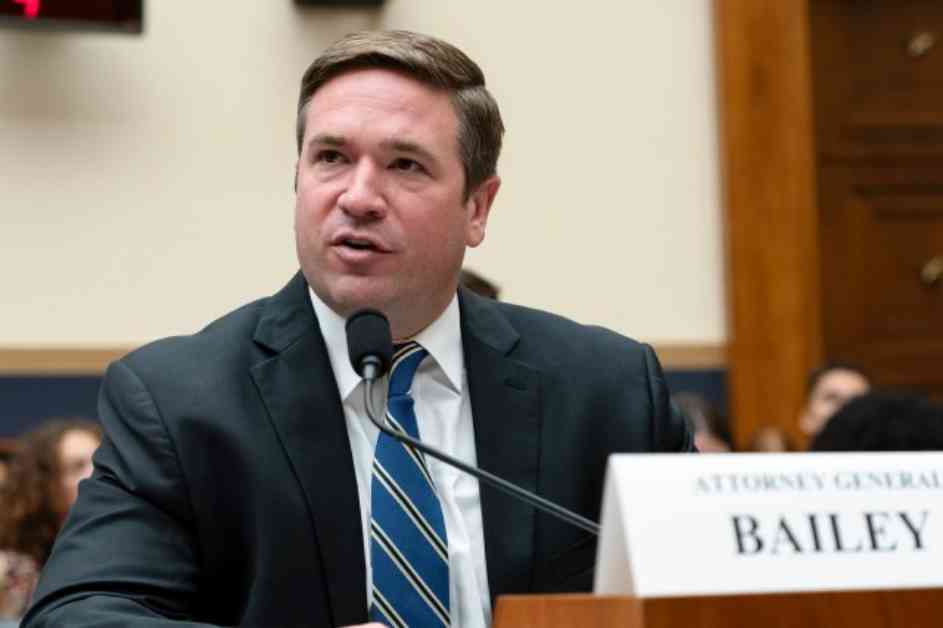A legal battle is brewing in St. Louis County, Missouri, as Attorney General Andrew Bailey has filed a lawsuit to prevent County Executive Sam Page from appointing a new prosecutor to replace Welsey Bell, who is leaving his post to join Congress. The lawsuit argues that according to the Missouri Constitution, the power to fill vacancies in public offices lies with the governor, unless otherwise stated by law. While the St. Louis County charter does give authority to the County Executive and Council to make such appointments, the lawsuit claims that this does not override the governor’s authority.
Interestingly, Governor Mike Parson did not interfere when a Republican County Executive in St. Charles County appointed a new prosecutor, even though both St. Louis County and St. Charles County are charter counties with greater local authority. However, Parson has chosen to get involved now in the case of St. Louis County, led by a Democrat County Executive. When questioned about this apparent discrepancy, Parson stated that he has the right to intervene whenever he deems necessary, as per the statute.
In response, Doug Moore, communications director for Page, expressed confidence in their position and believed that the courts would affirm their stance. Parson emphasized that his priority is to ensure that the right person is appointed as prosecutor in St. Louis County, without any political bias. He highlighted that he has been responsible for selecting a significant portion of the judiciary in Missouri without facing accusations of partisanship.
This legal dispute raises important questions about the balance of power between state and local authorities, as well as the role of the governor in such appointments. It also underscores the potential impact of political affiliations in the selection of key positions within the criminal justice system. As the case unfolds, the residents of St. Louis County are left waiting to see who will ultimately have the authority to appoint the next prosecutor and how this decision will shape the future of the county’s legal system.


